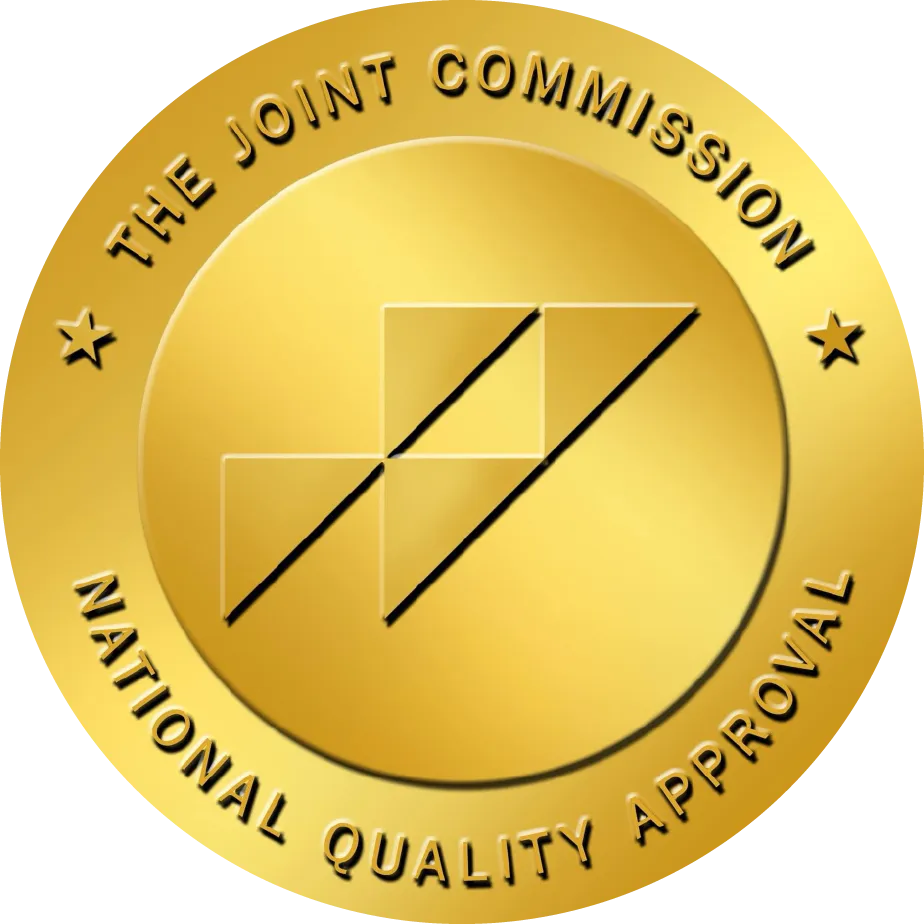East Longmeadow
413-331-7810
Worcester
508-593-1103
Trauma-Focused Cognitive Behavioral Therapy (TF-CBT)
Trauma-Focused Cognitive Behavioral Therapy is an evidence-based therapeutic approach specifically designed to help children, adolescents, and their caregivers overcome the negative effects of trauma.
Key Components of TF-CBT (often remembered with the acronym PRACTICE ):
P – Psychoeducation: Teaching about trauma and common responses to it.
R – Relaxation: Techniques to help manage physiological stress responses.
A – Affective Expression and Regulation: Helping clients identify and manage feelings.
C – Cognitive Coping: Understanding the relationship between thoughts, feelings, and behaviors.
T – Trauma Narrative: Helping the child process the trauma by creating a narrative of the experience.
I – In Vivo Mastery: Gradual exposure to trauma reminders in real life (in a safe way).
C – Conjoint Sessions: Joint sessions with the child and caregiver to share progress and trauma narrative.
E – Enhancing Safety and Future Development: Developing personal safety plans and building skills for the future.
Who is it for?
Children and adolescents (ages 3–18) who have experienced trauma (e.g., abuse, neglect, domestic violence, traumatic loss, accidents, or natural disasters). Parents and caregivers are also actively involved in the therapy process.
Goals of TF-CBT:
...Reduce symptoms of PTSD, anxiety, and depression.
...Improve the child’s emotional and behavioral functioning.
...Strengthen the caregiver-child relationship.
...Help the child develop coping skills and resilience.

Please note that by submitting this form via this web portal, you acknowledge and accept the risk of communicating your PHI via this unencrypted system and wish to continue despite fully understanding those risks. By clicking"submit:, you agree to hold Roman Marketing, Balanced Recovery Center, and godaddy.com harmless for unintended use, disclosure, or access to this PHI.
Located in East Longmeadow, AND Worcester,
we are serving throughout Massachusetts.
Contact us at:
